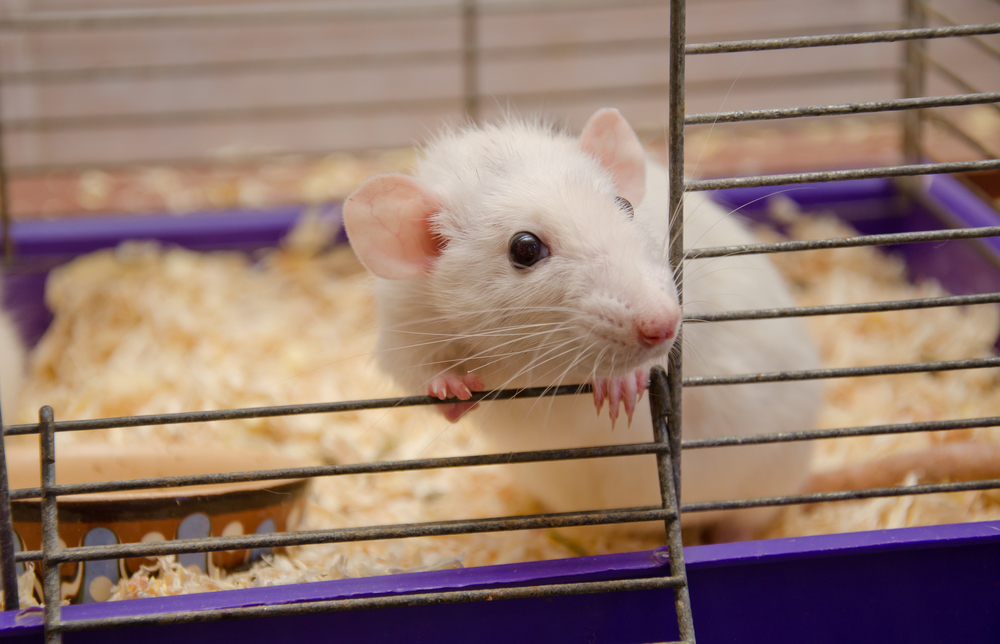Treatment with Artificial IL-9 Shows Potential to Manage Myasthenia Gravis, Rat Study Reports
Written by |

Blocking the signals of the interleukin-9 receptor, or IL-9R, delayed the progression of myasthenia gravis and reduced symptoms of the disease in rats, a study reports.
The study, “Exogenous IL-9 Ameliorates Experimental Autoimmune Myasthenia Gravis Symptoms in Rats,” was published in the journal of Immunological Investigations.
In previous studies, researchers showed that the signaling molecule interleukin-9, or IL-9, is an important regulator of immune balance and responses through the activation of its receptor, IL-9R, and its downstream pathways. This mechanism not only promoted the proliferation and growth of some immune T-cells, but was also an activator of immune B-cells and progenitor cells.
Additionally, the effects of the signaling molecule and its receptor were shown to be important contributors to the underlying mechanisms involved in experimental (lab-created) myasthenia gravis.
To further evaluate the role of IL-9 and IL-9R in this autoimmune disease and their potential as therapeutic targets, a team led by researchers at Harbin Medical University in China tested an artificial IL-9 product in rats.
The IL-9 product had the ability to bind to IL-9R and block its activity, working as an antagonist drug in rats with induced experimental myasthenia gravis.
Treatment with this product was shown to reduce disease symptoms, slow the progression of the disease, and prevent weight loss compared with a placebo treatment.
Blood analysis revealed that rats treated with IL-9 also had fewer autoantibodies against the nicotinic acetylcholine receptor (AChR) — the hallmark of myasthenia gravis — than their untreated counterparts.
Further analysis confirmed that all these clinically meaningful effects were mediated by the treatment, which blocked IL-9R downstream signals with particular impact on immune T-cell profiles. The treatment prevented the proliferation of pro-inflammatory T-cells, while promoting the activity of a particular group of T-cells that could counteract exacerbated immune reactions.
Use of this artificial IL-9 molecule could help restore the balance of the immune system and reduce its reactivity, “contributing to the amelioration of experimental myasthenia gravis symptoms” in rats, the researchers said.
“These data suggest that IL-9 plays an important pathogenic [disease-contributing] role in experimental autoimmune myasthenia gravis,” they wrote, adding that “recombinant IL-9 treatment may be a promising therapeutic strategy for myasthenia gravis and other autoimmune diseases.”



Leave a comment
Fill in the required fields to post. Your email address will not be published.